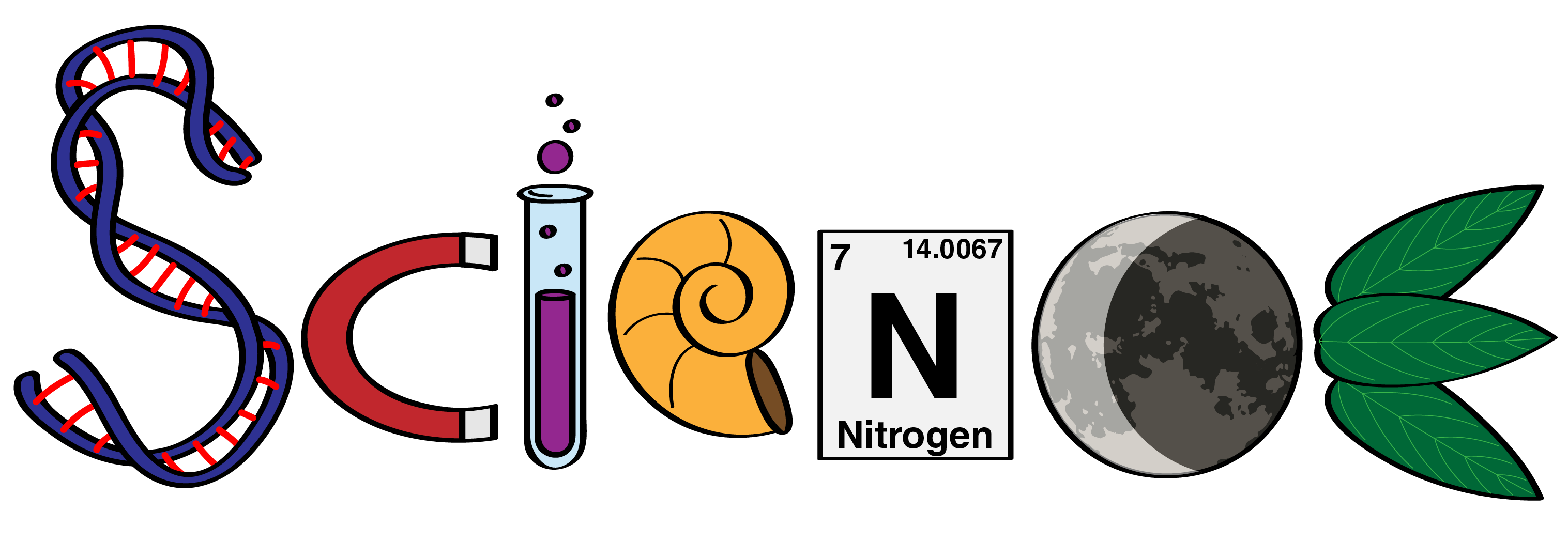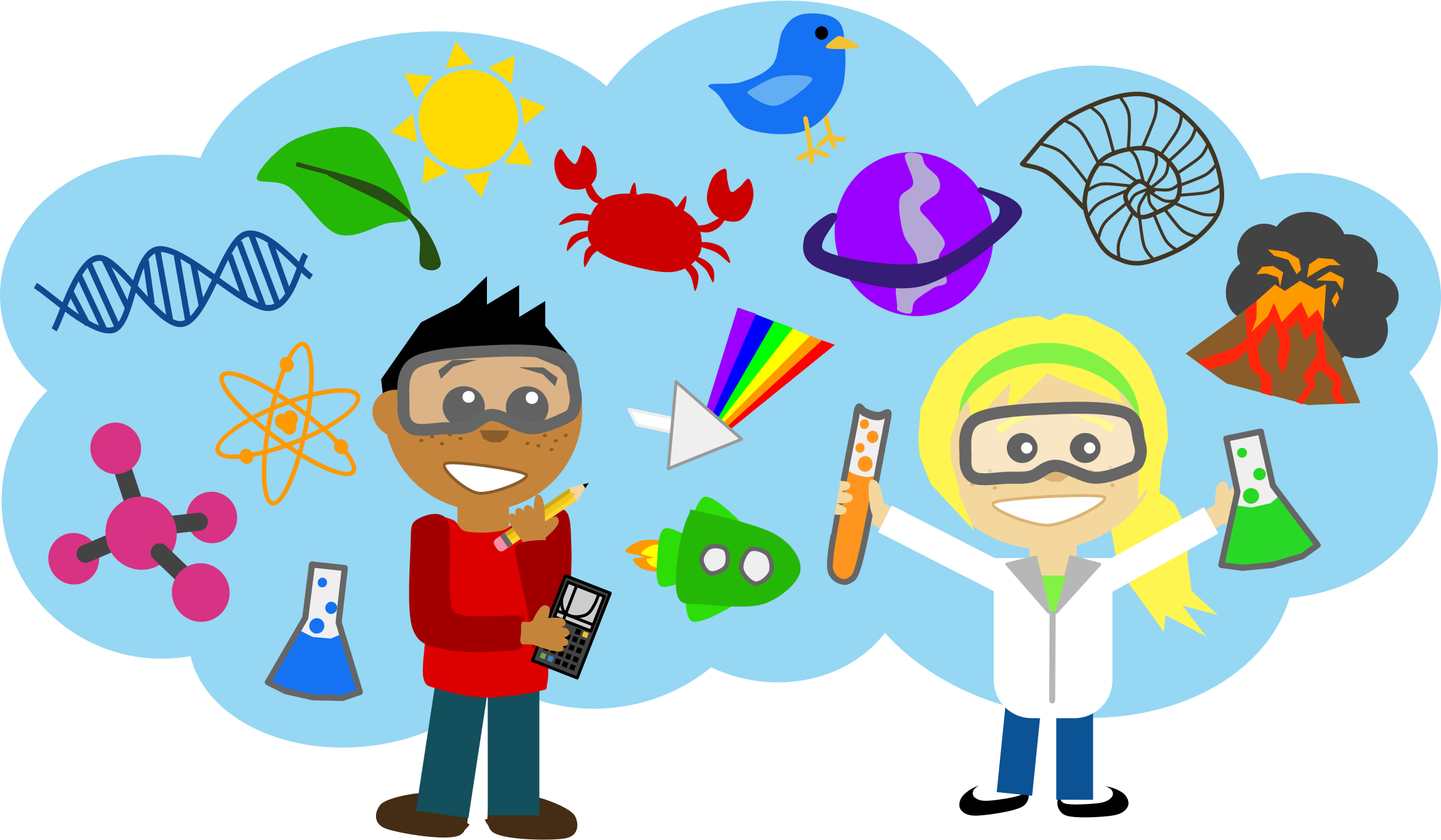Tuesday, June 28, 2016
The Compass school team spent the morning working on editing our school document outlining Realms, Proficiencies, and Indicators. This provides a structure and architecture for our curriculum and assessment, and it's something we've been using for many years but it actively evolving. This collaborative editing today was extremely useful, and I'm excited to integrate this newest iteration into our work.
Compass School Realms, Proficiencies, and Indicators (by the way, this is a working copy with extra notes and messy stuff at the end)
In the afternoon, we worked on formatting and starting to write rubrics for these proficiencies. We came to appreciate what a time consuming job this is. We made a start on a few of the proficiencies.
We also discussed Schoology, and whether our school should take a big plunge to go all in on this platform... or whether we should perhaps pilot it on a more limited basis next year.
Compass School Realms, Proficiencies, and Indicators (by the way, this is a working copy with extra notes and messy stuff at the end)
In the afternoon, we worked on formatting and starting to write rubrics for these proficiencies. We came to appreciate what a time consuming job this is. We made a start on a few of the proficiencies.
We also discussed Schoology, and whether our school should take a big plunge to go all in on this platform... or whether we should perhaps pilot it on a more limited basis next year.
Tuesday - SMS
I am so excited that we are right on the edge of a PLP plan that truly makes sense. I think that the students and the rest of the faculty and staff will see and appreciate the work we are doing today.
This is something that I think will hit all the pillars!
This is something that I think will hit all the pillars!
I chose this picture because we can see the light through the pillars of our work!
Dalai Lama- and the T. A.
Looking at resources to link T.A. to teaching and learning respect. Thinking deeply about why respect is important, what does it get us as humans? Does respecting ourselves and others fulfill a need? Will respect be transferred from advisory to the rest of the day and will that matter? A lot of wondering going on.
MEMS PLP Work
Here is the link to our doc that we have been working on this week. If you would like to see today's work, please scroll down to today's date.
https://docs.google.com/document/d/1_HzxPvPCC13r0_dyM9w1-JruSn_WhcoZd0yOLaBJzVU/edit?usp=sharing
https://docs.google.com/document/d/1_HzxPvPCC13r0_dyM9w1-JruSn_WhcoZd0yOLaBJzVU/edit?usp=sharing
#TunbridgeTigers
Above is our To-Do List
Team Tunbridge is working hard to come up with our curriculum for learning about the brain with middle school students. We are devising our assessments and lesson plans. The three broad areas we will cover with students is growth mindset, how humans learn, and Maslow's Pyramid. These subjects will have lessons and activities embedded in them .
Putting the Pieces Together
How can I design my workshop so that my students are more focused and engaged?
This is how...
- Engagement
- Create an environment where they are safe and willing to take the risks
- Flexible Pathways
- Personalized Learning
These are just a few of the things I have been pondering today. After a discussion with Ken this morning, learning more about the pillars, and delving into research on engagement, I am ready to tackle this question. I have discovered that it is so important to give student voice, choice and control over their own learning. I have always believed this, but was always unsure of how to percieve this in the context of the reality of the school year. I am starting to piece together how to make curriculum more engaging and motivating by tapping into students interests. I feel that it is possible to make connect their interests to the curriculum and I am going to take a risk and do so in my classroom.
Action Research and T.A.
Some learning that happened today...
The following quote is from our MRG's, the respect category. We are basing our action research question on measuring how T.A. supports student growth in the development of skills to act responsible.
What follows are steps within the learning scale-
"Describe the characteristics of respectful relationships and suggest ways that respectful relationships can be achieved."
"Describe the ways in which similarities and differences can affect relationships."
" Describe ways of making and keeping friends, including how actions and words can help or hurt others, and the effects of modifying my behavior."
The following quote is from our MRG's, the respect category. We are basing our action research question on measuring how T.A. supports student growth in the development of skills to act responsible.
What follows are steps within the learning scale-
"Describe the characteristics of respectful relationships and suggest ways that respectful relationships can be achieved."
"Describe the ways in which similarities and differences can affect relationships."
" Describe ways of making and keeping friends, including how actions and words can help or hurt others, and the effects of modifying my behavior."
Knowing your students and their story is very important. I hope to use this resource as a tool to learn my students' storys.
Adler
I registered for a mindfulness class online that starts July 1st and runs for 6 weeks. This is a pre-requsite for the Teaching Mindfulness in the Classroom class.
These are the questions I am pondering.
Adler
I registered for a mindfulness class online that starts July 1st and runs for 6 weeks. This is a pre-requsite for the Teaching Mindfulness in the Classroom class.
These are the questions I am pondering.
Questions:
What impact does teaching mindfulness make in my classroom environment?
Monday, June 27, 2016
Busy Minds
5:00 and we are still happily ensconced in our warm classroom processing--just can't quit the fun! Big day of conceptual gymnastics, visioning and reenvisioning proficiencies, with numerous detours into personalization, accountability, student learning, LMSs, portfolios, student ownership, etc. Thankful for our team's ability to jump from topic to topic in non-linear ways. Wrestling with questions of granularity (word of the day) and the fine balance of wanting to assure student achievement for every desired learning outcome we value and having students active part of the process as well as knowing who needs to be part of which level of detail. No easy answers--I am sure we will have them by the end of the day tomorrow :).

#TeamTunbridge WIN
Chris and I are working out a curriculum for students to learn more about the brain. Today, was teasing out what areas to cover, how to cover it, and how we will assess learning. A good chunk of today was just figuring what we need to do. Through discussions with Ken, we have a sembalence of ideas to move forward. Overall, today was very helpful in shaping how Chris and I will be moving forward over the week.
Tunbridge School Brain Unit
What I need for tomorrow?
After some discussion with Ken, it was helpful to narrow down the topics that might be most important for a Brain Unit with students at Tunbridge. For tomorrow, I hope to dive deeper into the following broad topics:
Therefore, I will need some time to learn about these topics on my own, and some time working with Dan to develop the curriculum we plan to use.
After some discussion with Ken, it was helpful to narrow down the topics that might be most important for a Brain Unit with students at Tunbridge. For tomorrow, I hope to dive deeper into the following broad topics:
- Growth Mindset
- How Memory Forms
- Brain Health
- Brain Improvements and Impairments
Therefore, I will need some time to learn about these topics on my own, and some time working with Dan to develop the curriculum we plan to use.
Brain Overload
After today, I am on "brain" overload learning strategies for how the brain learns. I read several articles that ironically enough had lists of ideas to use in the classroom. What resonated with me the most is that our brains need short chunks of instructional time and that "novelty" is so important. Novelty has multiple meanings- new information, change of activity, movement, etc... I also am thinking about students working memory it how what they learn has to be relevant and meaningful. My brain is still working on taking in all this "new" information!
MGI Notes
MGI Notes
Subscribe to:
Comments (Atom)


































